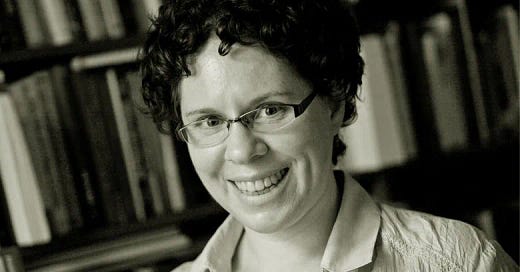Reforms to the use of evidence in rape trials that the the Law Commission is provisionally proposing may not go far enough to tackle the influence of rape myths, the government’s law reform advisers have acknowledged. More radical reforms could involve specialist courts with a reduced role for barristers or trials conducted by a judge sitting alone.
A 73…
Keep reading with a 7-day free trial
Subscribe to A Lawyer Writes to keep reading this post and get 7 days of free access to the full post archives.



